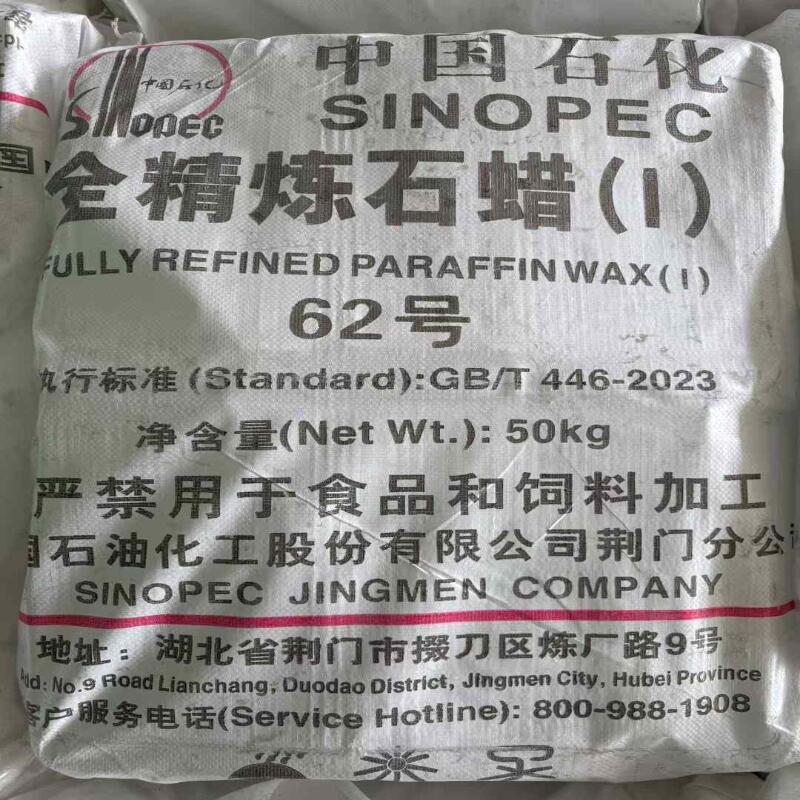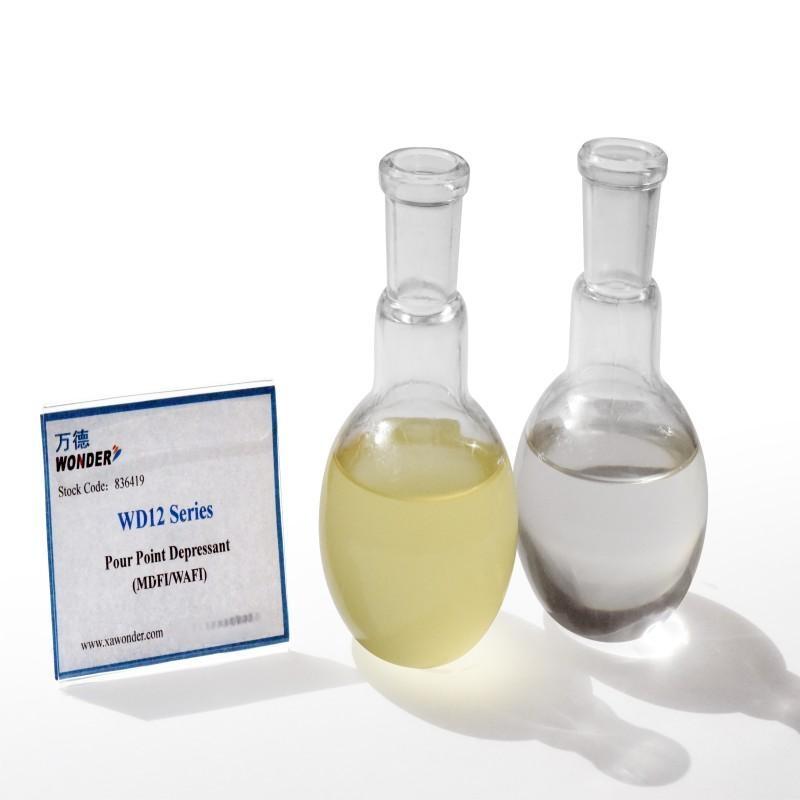-
Categories
-
Pharmaceutical Intermediates
-
Active Pharmaceutical Ingredients
-
Food Additives
- Industrial Coatings
- Agrochemicals
- Dyes and Pigments
- Surfactant
- Flavors and Fragrances
- Chemical Reagents
- Catalyst and Auxiliary
- Natural Products
- Inorganic Chemistry
-
Organic Chemistry
-
Biochemical Engineering
- Analytical Chemistry
-
Cosmetic Ingredient
- Water Treatment Chemical
-
Pharmaceutical Intermediates
Promotion
ECHEMI Mall
Wholesale
Weekly Price
Exhibition
News
-
Trade Service
Original source: China Securities Journal
Reporter: Jin Yidan
Photovoltaic leader Longji shares recently announced its entry into hydrogen energy, which has attracted the attention of the industry.
According to industry insiders, my country's fuel cell vehicle industry is in the stage of industrial expansion, and the industry supporting infrastructure is gradually improved, and a fuel cell vehicle supply chain and industrial chain system driven by vehicle manufacturing and fuel cell systems will be formed.
Hydrogen is popular
Recently, Xi'an Longji Hydrogen Technology Co.
LONGi Hydrogen's shareholders include LONGi's wholly-owned subsidiary Xi'an Longi Green Energy Venture Capital Management Co.
According to industry and commerce information, Longi Hydrogen’s business scope mainly includes: general projects, such as gas and liquid separation and pure equipment manufacturing; research and development of emerging energy technologies; energy-saving management services; technical services, technology development, technical consultation, technical exchange, technology transfer, Technology Promotion.
Li Zhenguo has publicly stated that hydrogen energy is a clean and efficient secondary energy source.
Li Zhenguo also said that Longji began to pay attention to and deploy renewable energy electrolysis hydrogen production as early as 2018.
Industry insiders told a reporter from China Securities News that the deployment of hydrogen energy by photovoltaic giants is just a microcosm of the industry.
Policy support development
In recent years, the national policy level has paid great attention to the new energy vehicle industry and fuel cell vehicles, and actively guided and supported their development.
On April 7, 2021, the "Beijing Hydrogen Energy Industry Development Implementation Plan (2021-2025)" (draft for comments) issued by the Beijing Municipal Bureau of Economics and Information Technology proposed to build 37 hydrogen refueling stations by 2023.
In October 2020, the Equipment Industry Department of the Ministry of Industry and Information Technology issued the "Energy-saving and New Energy Vehicle Technology Roadmap 2.
In September 2020, the Ministry of Finance and other five departments issued the "Notice on the Development of Fuel Cell Vehicle Demonstration Applications", and the subsidy policy was changed from subsidies for the purchase of fuel cell vehicles to rewards for demonstration cities in the form of "reward for subsidy".
According to industry insiders, my country's fuel cell vehicle industry is currently in the stage of industrial expansion, with the gradual improvement of industrial supporting infrastructure, which will form a fuel cell vehicle supply chain and industrial chain system driven by vehicle manufacturing and fuel cell systems.
Increasing competition
With the expansion of market demand and the iteration of fuel cell technology and related products, the number of fuel cell system and component manufacturers has increased year by year.
According to the "Recommended Models Catalog for the Promotion and Application of New Energy Vehicles" issued by the Ministry of Industry and Information Technology, the number of manufacturers providing fuel cell systems for fuel cell vehicle models from 2017 to 2019 and January to September 2020 was 10, 30, and 36, respectively.
Domestic vehicle manufacturers represented by the Shanghai Automotive Industry Corporation, Weichai Power and Great Wall Motors, as well as overseas car companies such as Toyota Motor and Hyundai Motor, have long established their presence in the fuel cell vehicle industry.
In November 2016, Weichai Power took a stake in Suzhou Fuersai Energy Technology Co.
, Ltd.
; in November 2018, Weichai Power invested 164 million yuan in Ballard and jointly established Weichai Ballard Hydrogen Energy Technology Co.
, Ltd.
, Actively deploy the fuel cell vehicle industry.
In June 2018, SAIC Group established Shanghai Jie Hydrogen Technology Co.
, Ltd.
to carry out the research and development, production and sales of fuel cell systems.
At present, the product development of a variety of fuel cell stacks and systems has been completed.
In April 2019, Great Wall Holding Group established Weishi Energy Technology Co.
, Ltd.
to focus on the research and development, production and sales of hydrogen fuel cell products.
In March 2021, Great Wall Motors released a hydrogen energy strategy and will invest in hydrogen energy in the next three years.
3 billion yuan, and launch the first C-class hydrogen fuel cell SUV in 2021.
In August 2020, Toyota Motor and Yihuatong, Dongfeng Motor Group Co.
, Ltd.
, China FAW Co.
, Ltd.
, Beijing Automotive Group Co.
, Ltd.
, and Guangzhou Automobile Group Co.
, Ltd.
established United Fuel Cell System Research and Development (Beijing) Co.
, Ltd.
, Jointly carry out research and development of commercial vehicle fuel cell systems.
In January 2021, Hyundai Motor signed an investment agreement with the Guangzhou Development Zone Government of Guangzhou to establish Hyundai Motor Hydrogen Fuel Cell System (Guangzhou) Co.
, Ltd.
, which is 100% controlled by Hyundai Motor.
The increase in the number of fuel cell system manufacturers, the entry of vehicle manufacturers and overseas competitors, has intensified the competition in the domestic fuel cell industry.
According to industry insiders, although overseas manufacturers such as Ballard, Toyota, and Hyundai have certain technical advantages in key technical indicators of fuel cell systems such as rated power, cold start temperature, and mass power density, they have not formed core technical barriers.
In the future, domestic companies are expected to enhance their product competitiveness by relying on domestic large-scale market demand.







